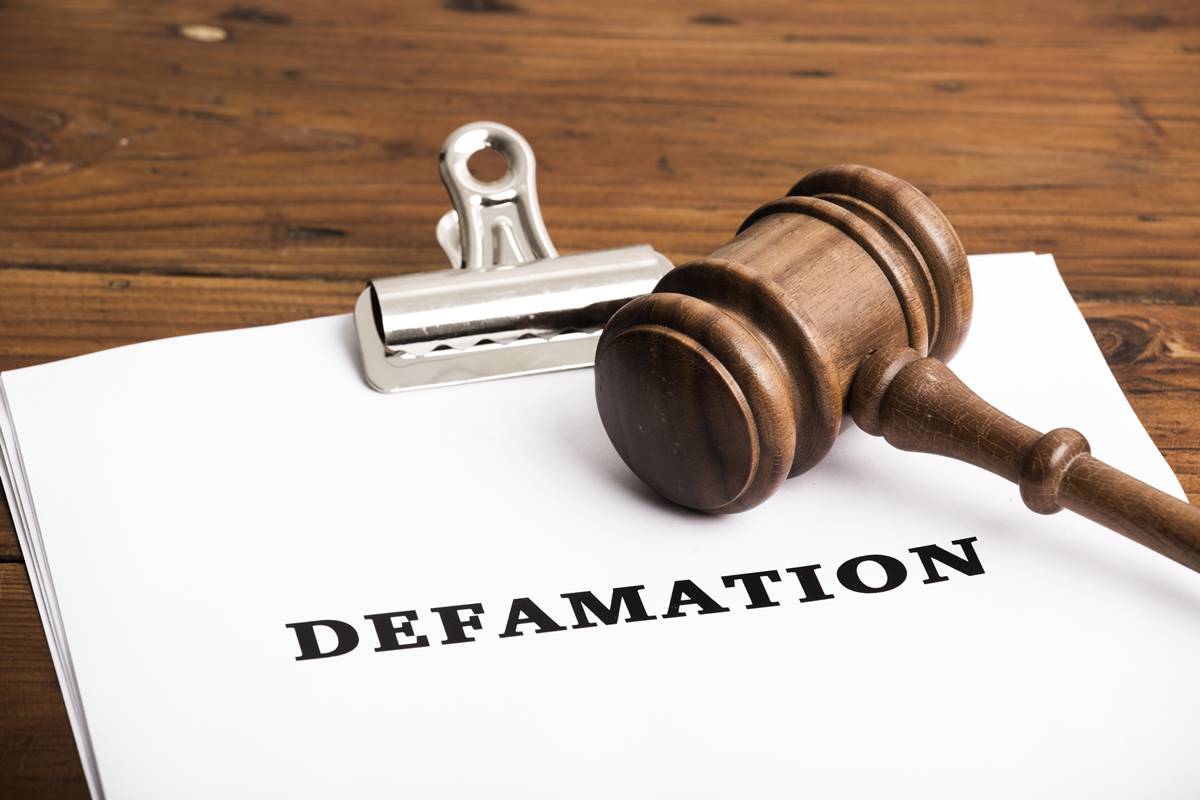‘Global reports need genuine updates’, India slams Human Rights Council
Bagchi’s statement was in response to unfounded remarks made about India, particularly in relation to Jammu and Kashmir.
The fact is that the law of criminal libel has for the most part been a cause of harassment, mostly of members of the Fourth Estate, who are routinely and often tendentiously arraigned in remote locations on charges of such defamation.

(Photo: Getty Images)
Unless the Congress confounds all pollsters and reaches a position where it could actually be held to account for the promises it has made in its manifesto for the 2019 General Election, its resolve to scrap Section 499 of the Indian Penal Code and decriminalise defamation is likely to remain mainly a topic for discussion. It is necessary therefore for other political parties ~ led by the ruling Bharatiya Janata Party ~ to either endorse this position or say they remain rooted in the colonial mindset that allows criminal defamation to stay on the statute book.
The fact is that the law of criminal libel has for the most part been a cause of harassment, mostly of members of the Fourth Estate, who are routinely and often tendentiously arraigned in remote locations on charges of such defamation. Some politicians, such as the late J Jayalalitha, had been quite crude, even blatant, in pursuing multiple defamation cases against newspapers, often on the flimsiest grounds.
Advertisement
In recent times, politicians too seem to have discovered the merits of this penal provision to settle scores with rivals and it must be said the Congress’ promise appears to have been provoked more by such use of the law than by any recently acquired affection for libertarian values. Be that as it may, it is necessary to welcome the Congress’ manifesto promise and to ask that other political parties follow suit. Many Commonwealth jurisdictions have abolished criminal libel as an offence and even the English, who brought this provision on India’s statute book, did so a decade ago.
Advertisement
Bringing the issue to debate in the English parliament, Lord Lester of Herne Hill had famously said, “Across Europe and the Commonwealth, similar offences exist and are used to suppress political criticism and dissent. If our Parliament takes this step, it will be an example elsewhere and might also encourage the European Court of Human Rights to adopt a robust position in reviewing such laws and their operation.”
While that fond hope has not found a ready echo in Commonwealth or other jurisdictions, perhaps influenced by the British decision, the United Nations Human Rights Committee in 2012 had advised member states to consider decriminalising libel. Uphill as the battle may seem, for governments are always reluctant to give up powers, even manifestly unjust ones, it is necessary for free speech activists in India to continue to pressurise political parties.
Ten years ago, British activist Lisa Appignanesi, had said: “Thomas Paine would be pleased to know that 217 years after his conviction for seditious libel, the law which criminalized his ground-breaking Rights of Man, is at last poised to be repealed. The debate in the Lords…marks an historic moment in our right to speak and think freely. Criminal libel has no place in a vibrant democracy.” Indeed, it does not, and the onus now is on all political parties to make their position clear.
Advertisement